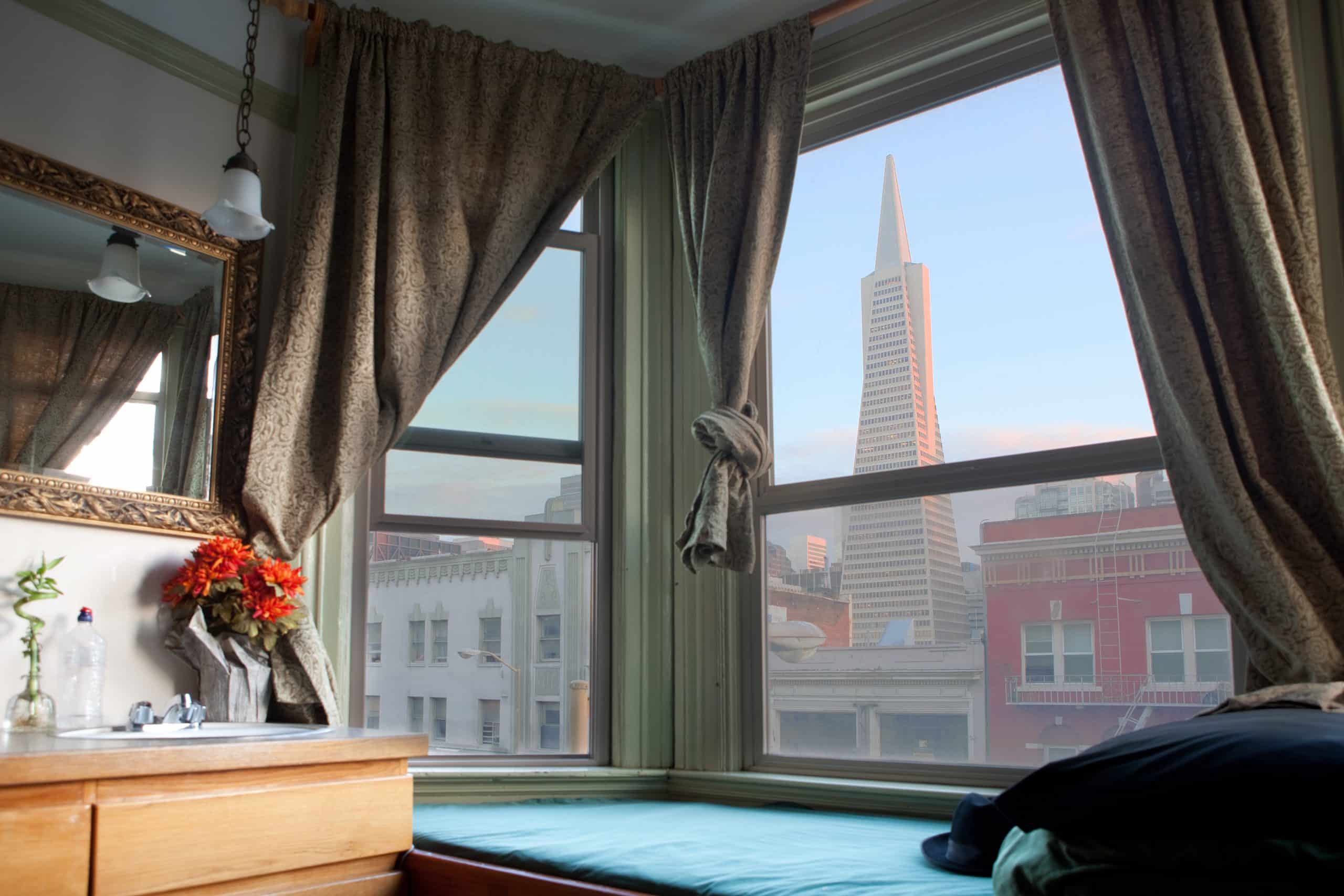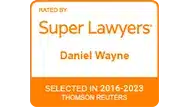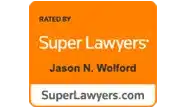1.21 Petitions
San Francisco Rent Board Attorneys
Although rent control applies to many properties in San Francisco, a landlord can impose an unlimited rent increase where a tenant is no longer “in occupancy” by filing a “1.21 Petition” with the San Francisco Rent Board. “1.21” Refers to section 1.21 of the San Francisco Rent Ordinance Rules and Regulations.
To implement a rent increase on these grounds a landlord must file a 1.21 Petition with the San Francisco Rent Board.

over
35
years of experience in representing tenants.
What Does it Mean to be a Tenant in Occupancy?
- Tenants do not have to live in their apartment 100% of the time or continuously. Instead, the unit must be the tenant’s “usual place of return.”
- After a landlord files a 1.21 Petition the Rent Board will hold a hearing to determine whether or not the tenant in question is in fact occupying the unit. The Rent Board considers several factors in reaching their determination, including:
- (1) whether the subject premises are listed as the individual’s place of residence on any motor vehicle registration, driver’s license, voter registration, or with any other public agency, including Federal, State, and local taxing authorities;
- (2) whether utilities are billed to and paid by the individual at the subject premises;
- (3) whether all of the individual’s personal possessions have been moved into the subject premises;
- (4) whether a homeowner’s tax exemption for the individual has been filed for a different property;
- (5) whether the subject premises are the place the individual normally returns to as his/her home, exclusive of military service, hospitalization, vacation, family emergency, travel necessitated by employment or education, or other reasonable temporary periods of absence; and/or
- (6) whether there is credible testimony from individuals with personal knowledge, or other credible evidence, that the tenant actually occupies the rental unit as his or her principal place of residence.
I live in my Apartment But My Landlord is Claiming I don’t, What Can I Do?
I Own A Home But I Don’t Live There, Can This Hurt Me?
What Can I Do to Protect Myself?
I Live in My Apartment But My Landlord is Claiming I Don’t, What Can I Do?
In many circumstances, landlords will file a 1.21 Petition without ever confronting the tenant about whether they actually live in the unit.
Landlords often hire private investigators to run a background check on their tenants in an effort to determine if a tenant actually lives in their unit. Depending on what the investigator finds a landlord may file a petition even if the tenant does live there.
To fight this type of petition, a tenant may submit evidence that the unit is, in fact, their principal place of residence, such as voter or DMV registration, utility bills, and declarations from friends or neighbors. After a hearing, a judge will determine the validity of the landlord’s claims.
I Own A Home But I Don’t Live There, Can This Hurt Me?
Potentially yes. The Rent Board looks at a tenant’s ownership of a home very seriously in analyzing whether or not a unit is a tenant’s primary residence. One thing to be very careful about is taking a home owner’s tax exemption. To be eligible for such an exemption, the owner must claim that they live in the home. Since a person can only have one primary residence this creates a contradiction and will hurt a tenant’s chances of prevailing at the Rent Board.
What Can I Do to Protect Myself?
Most of the factors for a principal place of residence listed under 1.21 of the Rent Ordinance have to do with your paper trail – your address on your driver’s license, where you get your mail, where you are registered to vote, and so on. By updating your information to reflect your current address you can reduce the chances that a landlord pursues a 1.21 petition/rent increase and that the Rent Board will find in a landlord’s favor.
Remember that your landlord may be keeping tabs on these things – especially if your rent is low, and be mindful of the home address your paper trail may reflect.
Get Started
For more information or to discuss your legal situation, call us today at (415) 649-6203 for a phone consultation or submit an inquiry below. Please note our firm can only assist tenants residing in San Francisco, Oakland & Berkeley.














